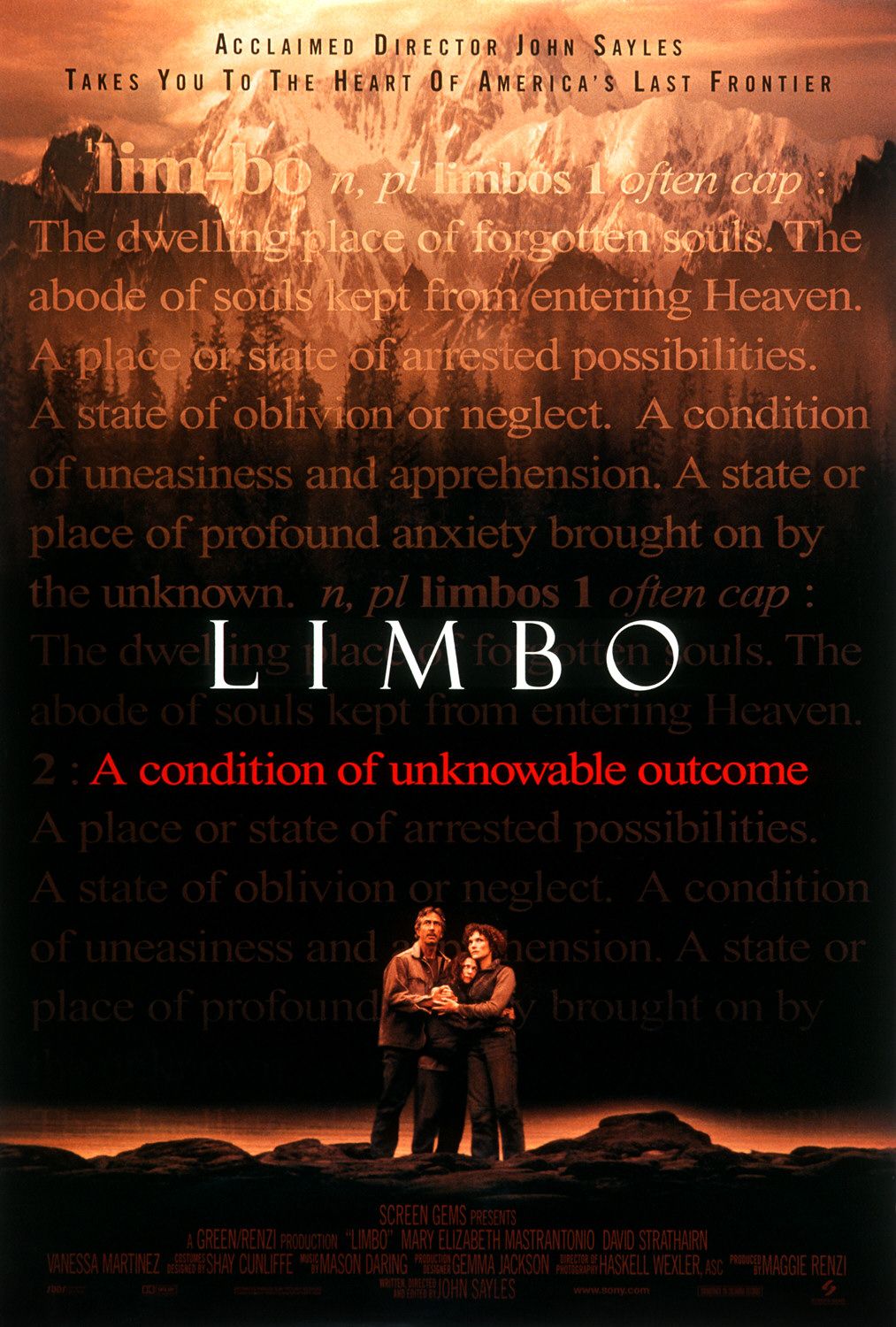Cinematic States: America in 50 Movies
Hi folks - my book CINEMATIC STATES: AMERICA IN 50 MOVIES will be published next week, and in the days between now and then, I'm going to post a thought or two about each state. I'd love to be in conversation with you about how this transcendent artform, which although it was born in France, really came to life in the US, interacts with, underpins, challenges, and reinvents the American myth of itself. I've taken one movie (sometimes two or three) from each state, and attempted a perhaps quixotic endeavor - to wonder about this nation, now my adopted home, to learn more about what is truly 'American', and to imagine how it can better serve its best visions. North Carolina gets BULL DURHAM, California has CHINATOWN, New Jersey is ON THE WATERFRONT. Wisconsin is discovered through AMERICAN MOVIE, and Wyoming opens HEAVEN'S GATE. Alaska has LIMBO and THE GOLD RUSH, and New York is so big it can't do without DO THE RIGHT THING, LENNY, CHOP SHOP, SMOKE, and KING KONG. I'd welcome your choices too.
I'm aware that I write as an outsider, which of course brings gifts as well as challenges. I won't see what you see, which is wonderful, so let's get pointless arguments about objectivity or which film is 'right' for which state out of the way before we go any further. I do think it's important for writers to acknowledge their perspectives where possible, and there are a few that I think are pretty important here. The first is that I think there are three qualities necessary to be a decent film critic - you need to know something about cinema, something about life, and something about language. Two out of three ain't bad, but they're not enough. The second is that, particularly since 9/11, the popular view that America is shit deserves significant interrogation. My friend and mentor Don Shriver puts it brilliantly in the subtitle of his book HONEST PATRIOTS - he wants to 'love a country enough to remember its misdeeds'. I think that the aphorism should be reversed, in my case at least: I come from a European liberal tradition that has too often remembered only the misdeeds. If America is Babylon, as another friend says, it may be the best babylon we've got. There are glories and mysteries mingling with shame and conquest, humble awe with imperial intent. So CINEMATIC STATES is not another 'Why People Hate America' missive; nor is it a Disneyfied rose-tinted gaze into an abyss that's pretending to be heaven. It is, I trust, a record of a lover's quarrel, from a guy who grew up believing what he saw on cinema screens, and hoped that even some of it could be true.
You can pick up CINEMATIC STATES here - and I hope you enjoy it.
Tomorrow: Where this all began...
